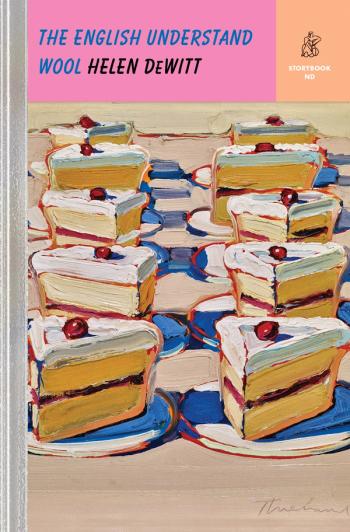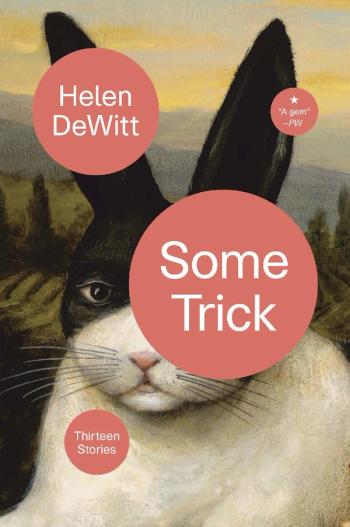Helen DeWitt
Helen DeWitt was born in a suburb of Washington, DC. Daughter of American diplomats, she grew up mainly in Latin America, living in Mexico, Brazil, Colombia, and Ecuador. She went to Oxford to study classics for a BA and D.Phil. She left academia to try to write a novel, moving eventually to London and acquiring UK citizenship. She had some 100 fragments of novels when she began work in 1995 on the novel that was published as The Last Samurai in 2000. The book caused a sensation at the Frankfurt Bookfair 1999, going on to be translated in 20 languages (DeWitt reads some 15 languages to various degrees of fluency). On the reissue of The Last Samurai by New Directions in 2016 it was hailed by Vulture Magazine as The Best Book of the Century. She is also the author of Lightning Rods, a Mel Brooksian satire on sexual harassment, and Some Trick, a collection of stories. She has been based in Berlin since 2004, but also spends time at a cottage in the woods of Vermont improving her chainsaw skills.




